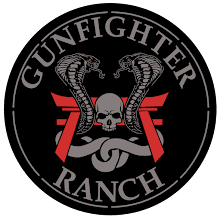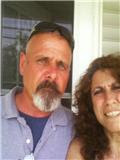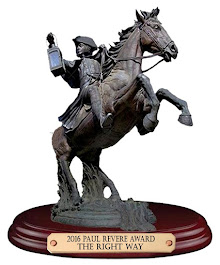WHY I COULD NOT BE IN THE SAME ROOM AS MARC LAMONT HILL - Daley Gator
Guy whose house was burnt down by rioters speaks out against violence - IOTWreport
Stop Racism! Stop Treating Blacks Differently. Stop Giving Free Pass to Riots and Looting - American Power
Freddie Gray, Not Exactly An Angel - Blur Brain
Why Justice Kagan Should Recuse Herself, But Won't - Diogenes Middle Finger News
Hollywood Went to War - Proof Positive
Hillary Clinton as change agent says things that should have every American completely outraged..... - Adrienne's Corner
IRS Inspector General Finds 6,400 'Missing' Lois Learner Emails: IT'S A MIRACLE!!! - Yid with Lid
Governor Hogan: I Wanted To Send In the National Guard Immediately, But Mayor Space-To-Destroy Dragged Her Feet - AoSHQ
Anarchy in Baltimore - The Other McCain
Baltimore Mom should win Best Mom in the World for teaching her Son right to SAVE HIS LIFE - The Last Tradition
Clash at Papal Summit Over Climate Change Shows Debate Turning 'Nasty' - MRC NewsBusters



























